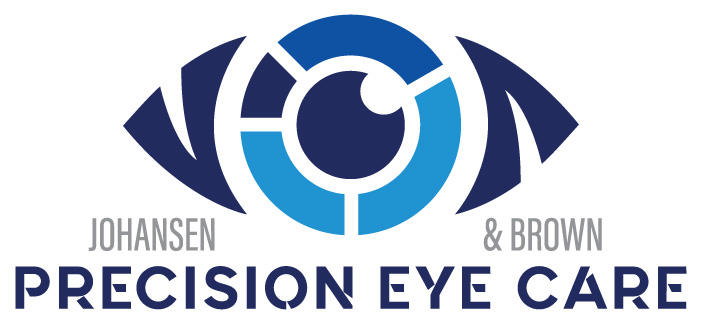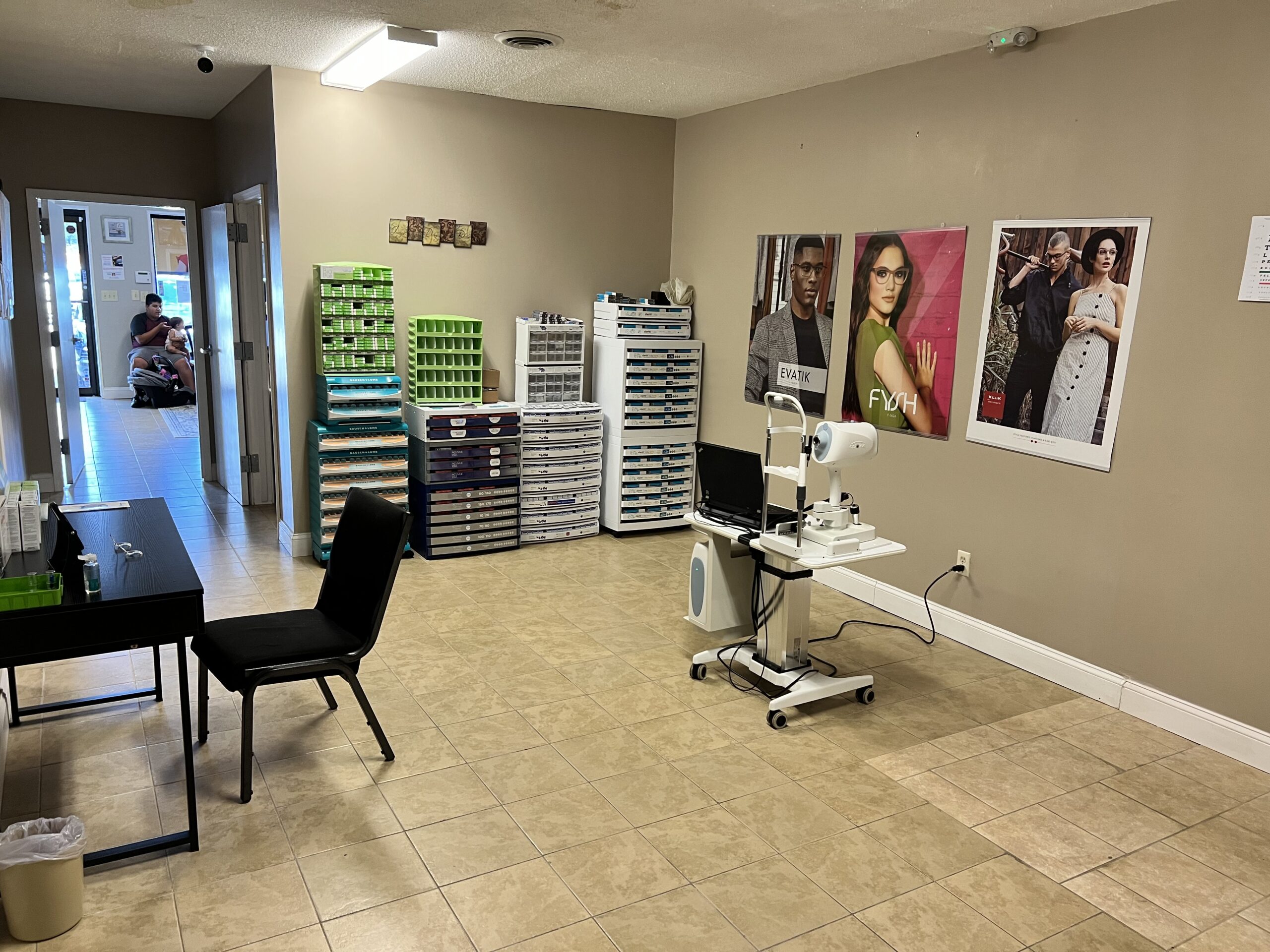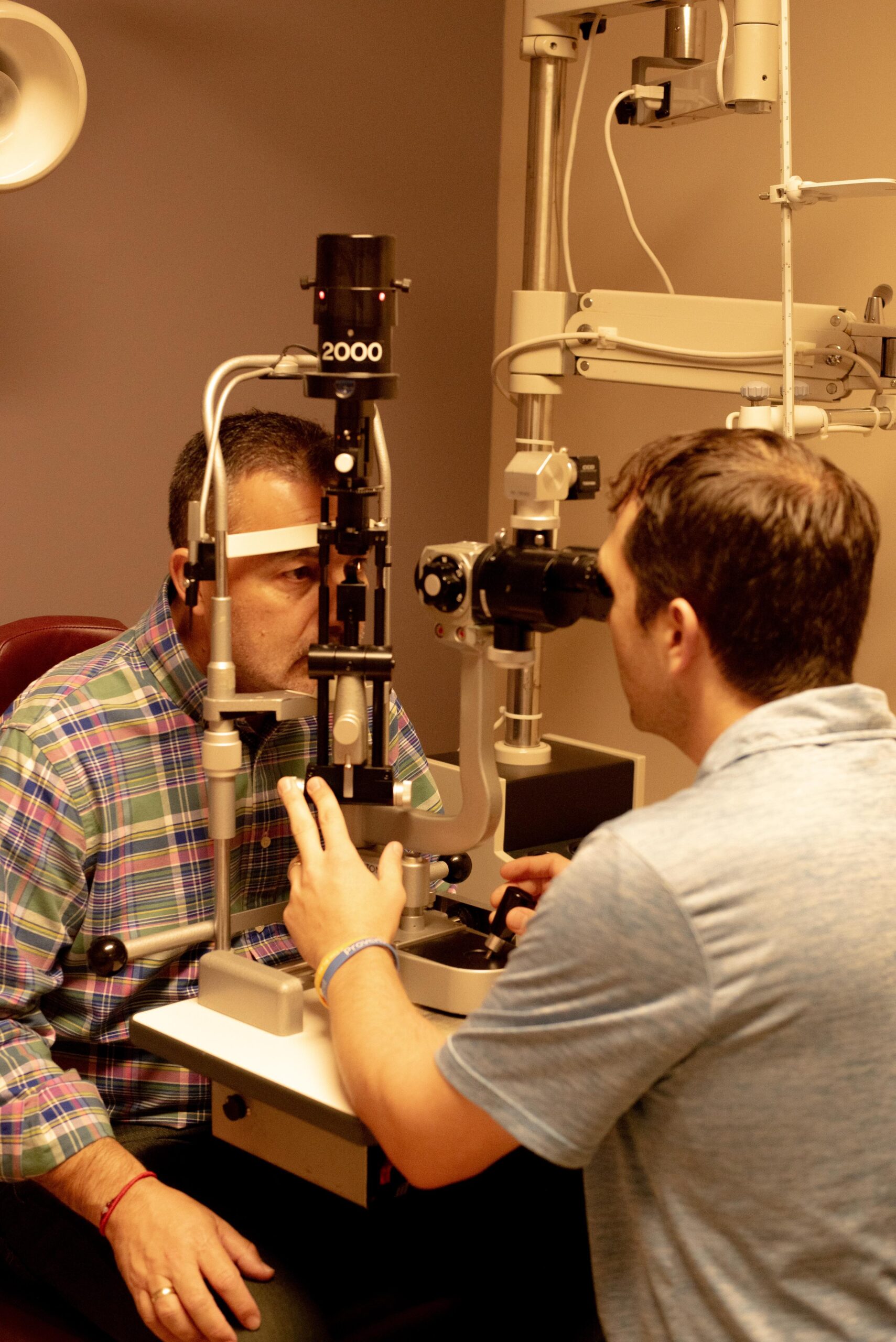Glaucoma is a disease that affects and can damage the optic nerve of the eye. It is this optic nerve that sends the visual signals interpreted by the eye to the brain and as such, is vital to the health and constitution of the eyes. Most often, this damage to the optic nerve occurs due to high pressures within the eye, but there are other factors, that may contribute as well. While it mostly occurs in patients of older age, it can affect a person at any age.
Overtime, with glaucoma, the individual affected may begin to slowly lose the vision in their periphery, namely the sides and corners of their vision. If left untreated, it can worsen until that vision loss increases to fill your entire visual field. However, early detection is key. Many kinds of glaucoma present with little to no warning signs until it has advanced gradually into its later stages.
As such, the doctor can often order additional testing and screening to see if you are at risk of glaucoma due to high pressures or maybe even hereditary concerns.
With some of the latest technologies, you can be tested using a virtual visual field machine that checks your peripheral vision to see if there are any signs or symptoms of degeneration. Other tests include an OCT (Ocular Coherence Tomography) scan which views the thickness of the retina and measures the optic nerve. As the medical field has advanced in imaging and early detection, we also offer additional scanning such as RETeval, a device similar to an EKG in that it senses the natural electrical signals and functions of the cells of the retina; as well as various screenings involving how your eyes perceive color.
It is highly important that you have regular eye exams and screenings as the doctor can often detect these early stages and take action to prevent it. If you have a family history of glaucoma, it is also a good idea to regularly see the eye doctor for prevention of this and further ocular conditions.



